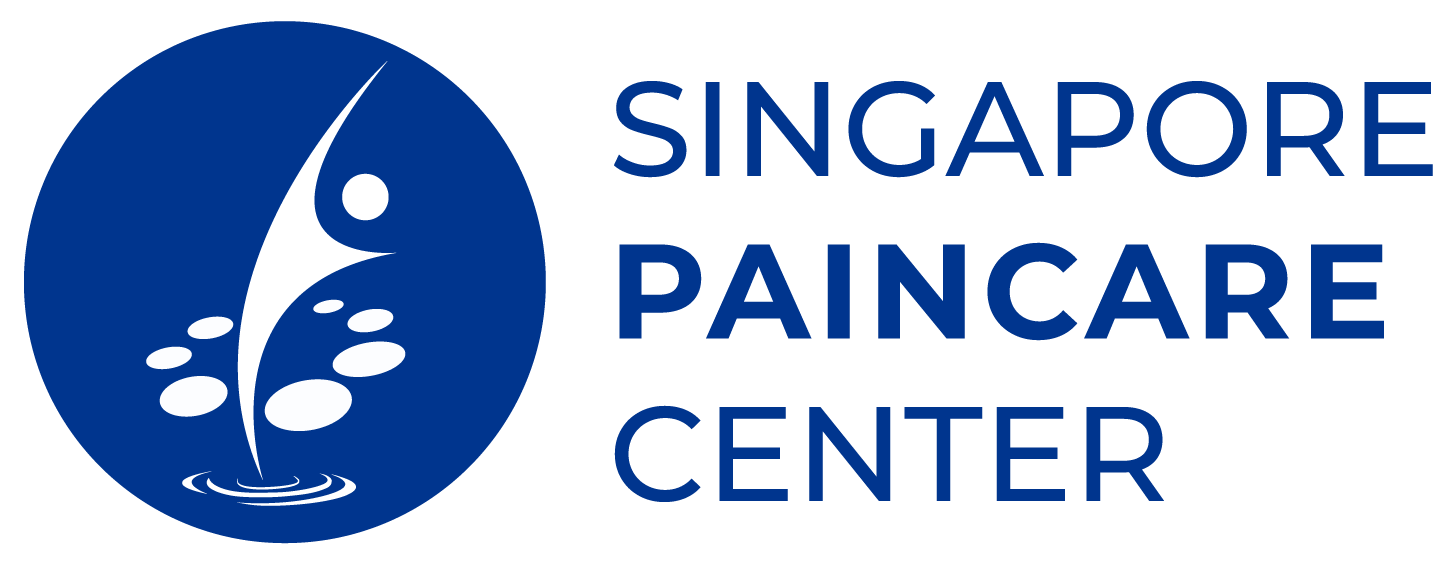Atypical Facial Pain
About Atypical Facial Pain
Atypical Facial Pain (AFP) is an umbrella term to describe chronic pain in your face or mouth that does not have the classic characteristics of Trigeminal Neuralgia. AFP can affect any area on the face but often causes jaw, ear or cheek pain.
What Causes Atypical Facial Pain?
There is no clear evidence on the exact cause of AFP. Some studies suggest a link between AFP and psychological issues.
Symptoms Of Atypical Facial Pain
People with AFP experiences pain every day for at least three months. Pain may be triggered by heat, cold or by touching the area. Additionally, some people report that the pain gets worse if they’re tired or stressed.
The pain may be on either side of your face, often near the jawline or near your ear. It may sound like it is confined to a small area of your face or that it is spreading over your entire face. The pain distribution does not follow any dermatomal distribution. There may be associated symptoms such as involuntarily movement of the face, mouth, tongue or eyes. Some of these symptoms may present as facial tics or dystonia. Neck conditions may also precipitate AFP.

A Message About Atypical Facial Pain
Atypical facial pain (AFP) may be difficult to diagnose, needing the clinical acumen of an experienced pain specialist. This is a clinical diagnosis. There are no investigations or tests to support the diagnosis of the AFP.
Many AFP sufferers have significant psychological overlays, contributing to anxiety, depression and insomnia. They may be evaluated as a whole by our multi-disciplinary team of Paincare specialists including the Psychiatrist. Treatment may include psychological interventions too.
What Causes Atypical Facial Pain?
There is no clear evidence on the exact cause of AFP. Some studies suggest a link between AFP and psychological issues.
Symptoms Of Atypical Facial Pain
People with AFP experiences pain every day for at least three months. Pain may be triggered by heat, cold or by touching the area. Additionally, some people report that the pain gets worse if they’re tired or stressed.
The pain may be on either side of your face, often near the jawline or near your ear. It may sound like it is confined to a small area of your face or that it is spreading over your entire face. The pain distribution does not follow any dermatomal distribution. There may be associated symptoms such as involuntarily movement of the face, mouth, tongue or eyes. Some of these symptoms may present as facial tics or dystonia. Neck conditions may also precipitate AFP.
A Message About Atypical Facial Pain
Atypical facial pain (AFP) may be difficult to diagnose, needing the clinical acumen of an experienced pain specialist. This is a clinical diagnosis. There are no investigations or tests to support the diagnosis of the AFP.
Many AFP sufferers have significant psychological overlays, contributing to anxiety, depression and insomnia. They may be evaluated as a whole by our multi-disciplinary team of Paincare specialists including the Psychiatrist. Treatment may include psychological interventions too.
Diagnosing Atypical Facial Pain
Atypical facial pain is hard to diagnose as the symptoms are similar to those of other facial pain conditions. At Singapore Paincare clinics, our team of experienced primary care and pain care specialists together with a neurologist will conduct a series of tests that involves evaluating your pain condition, physical exams, reviewing your medical history and evaluation of your symptoms. An X-ray or MRI scan may also be used to investigate the causes of your atypical facial pain.
What Treatments Are Available for Atypical Facial Pain?
At Singapore Paincare, we strive to treat your pain with the least invasive option possible after accurately identifying the cause. Our approach to pain resolution focuses on the removal of pain generators via specialised injection and minimally invasive procedures. Combined with pharmacological treatments and cognitive and physical rehabilitative therapies, we help patients improve functions and prevent pain from recurring.
Non-Surgical Treatment for Atypical Facial Pain
Anti-Depressants
Myospan Injections
Our specialists may offer nerve block injections – this is done to reduce the need for a long course of drug therapy and the immediate pain relief can last for a few weeks to months.
Cognitive Behavioral Therapy
Apart from physical therapy or direct forms of medications, cognitive therapy is also offered as AFP can be a potentially frustrating condition. These forms of psychotherapy by our specialists are meant to address psychological care, parts of the therapy aim to improve stress and reduce pain experience.
Surgical Treatments for Atypical Facial Pain
Atypical facial pain is mostly treated with medications and non-surgical methods. There is usually no place for surgery in the treatment of AFP. Surgery may complicate and protract the pain flare, causing worsening outcomes.
How Can I Prevent Atypical Facial Pain?
There isn’t any proven way to prevent AFP. But therapy may help you identify and avoid activities or situations that trigger pain.
Get Your Pain Resolved
Send your enquiries or consult our pain experts today.


